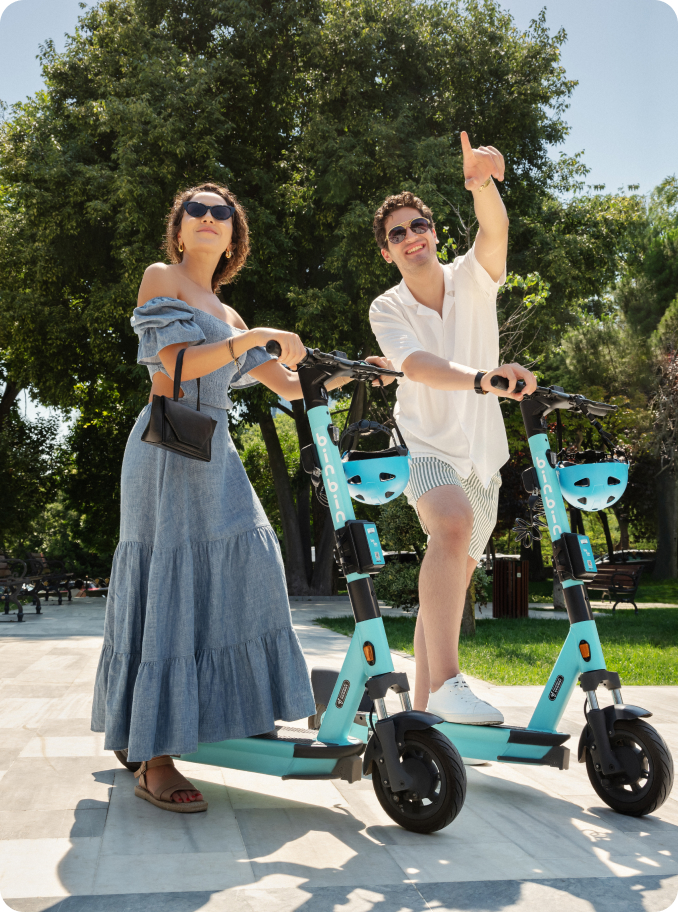Oslo, Norway
As one of Norway’s modern capitals, Oslo is dedicated to energy efficiency and sustainable development. All newly constructed buildings not only achieve zero emissions but are also designed with “energy-positive” features that generate more energy than they consume. By 2030, Oslo is expected to become a carbon-neutral city, prioritizing green projects over fossil fuel-based ones. Residents of Oslo, who prefer public transportation and electric vehicles, benefit from specific incentives provided by the government.
Copenhagen, Denmark
In Copenhagen, one-third of the population uses bicycles as their primary mode of transportation. With eco-friendly policies, an advanced public transportation network, and extensive bike lanes, Copenhagen has become one of the most energy-efficient cities globally. The city aims to become the world’s first carbon-neutral capital by 2025, facilitated by offshore wind farms that deliver renewable energy to the mainland. The Copenhagen Efficiency Center plays a key role by providing analytical support and solutions to enhance energy efficiency.
Malmö, Sweden
Malmö stands out for its contributions to energy efficiency. The city utilizes 100% sustainable energy from sources such as water, wind, and solar to meet the energy needs of tens of thousands of homes. The use of environmentally friendly methods for energy production, waste management, and transportation has not only supported local biodiversity but also enriched the region’s ecosystem.
Boston, USA
Boston, one of America’s culturally and socially rich cities, has pledged to become carbon-neutral by 2050. Sustainability initiatives aimed at reducing carbon emissions have garnered public interest. The city aims to bring carbon emissions to near zero levels within 30 years as part of its response to climate change and global warming.
Reykjavik, Iceland
Reykjavik, powered by hydroelectric and geothermal energy, stands as one of the most energy-efficient cities globally. The use of geothermal heat and hydroelectric power provides residents with heating, hot water, and electricity. Nearly all of Reykjavik’s electricity is sourced from renewable energy, and 9 out of 10 homes are heated using geothermal energy.
Vancouver, Canada
Vancouver, a shining example of energy-efficient cities, holds the title of having the lowest per capita carbon emissions in North America. In Vancouver, electricity is primarily generated through hydroelectric power, with additional contributions from solar and wind energy.
With BinBin, which works towards a livable and sustainable future, you can reduce your carbon footprint in transportation. Travel safely, conveniently, and enjoyably using electric scooters while lowering your impact on the environment.






